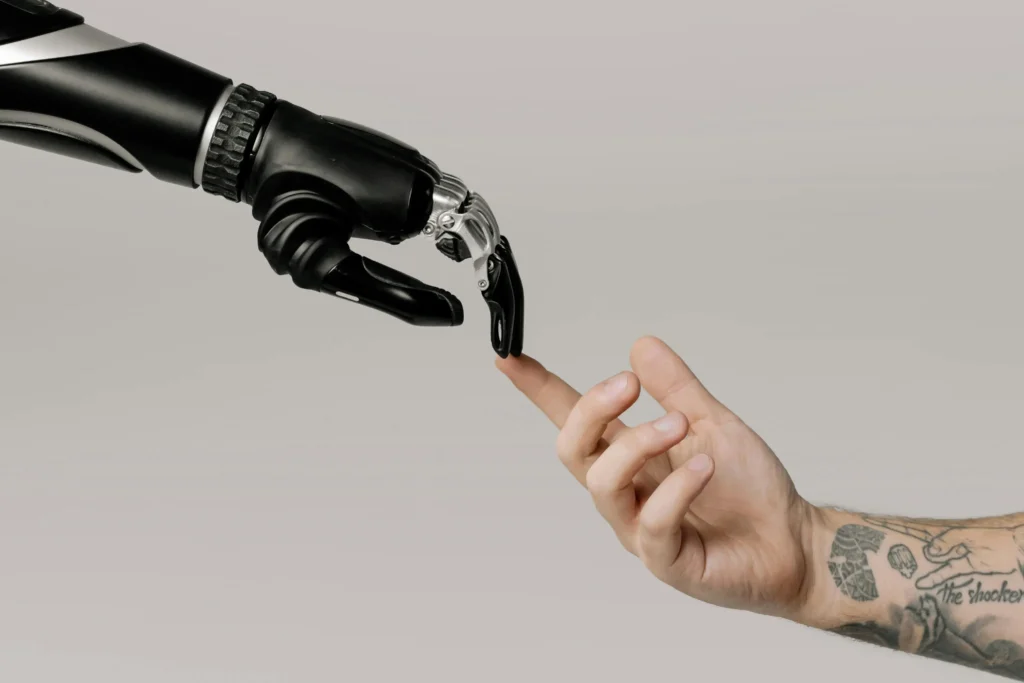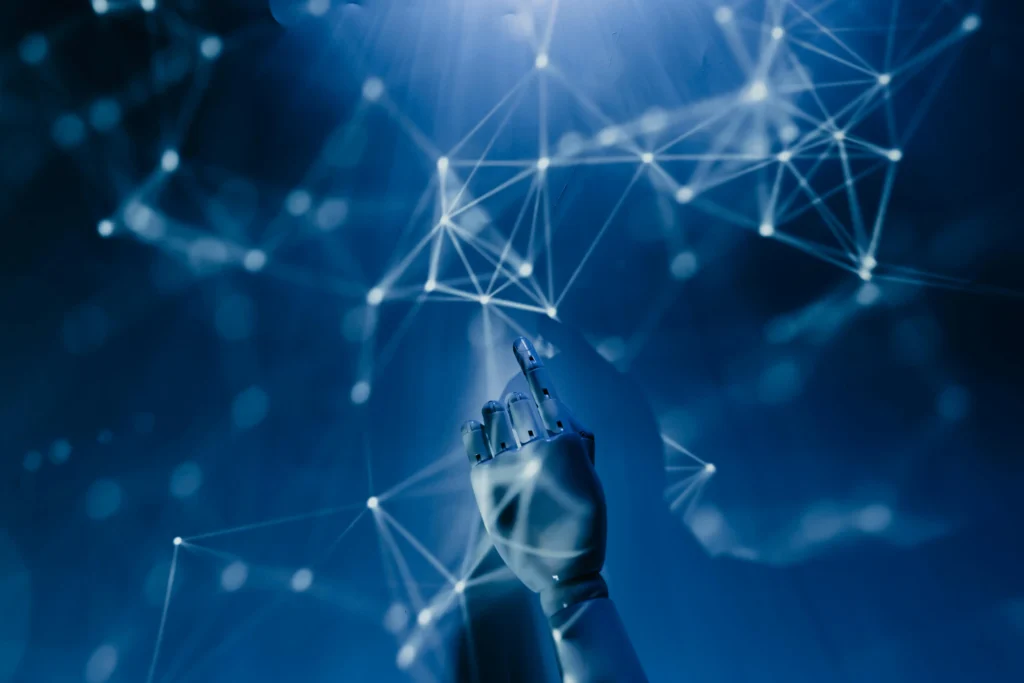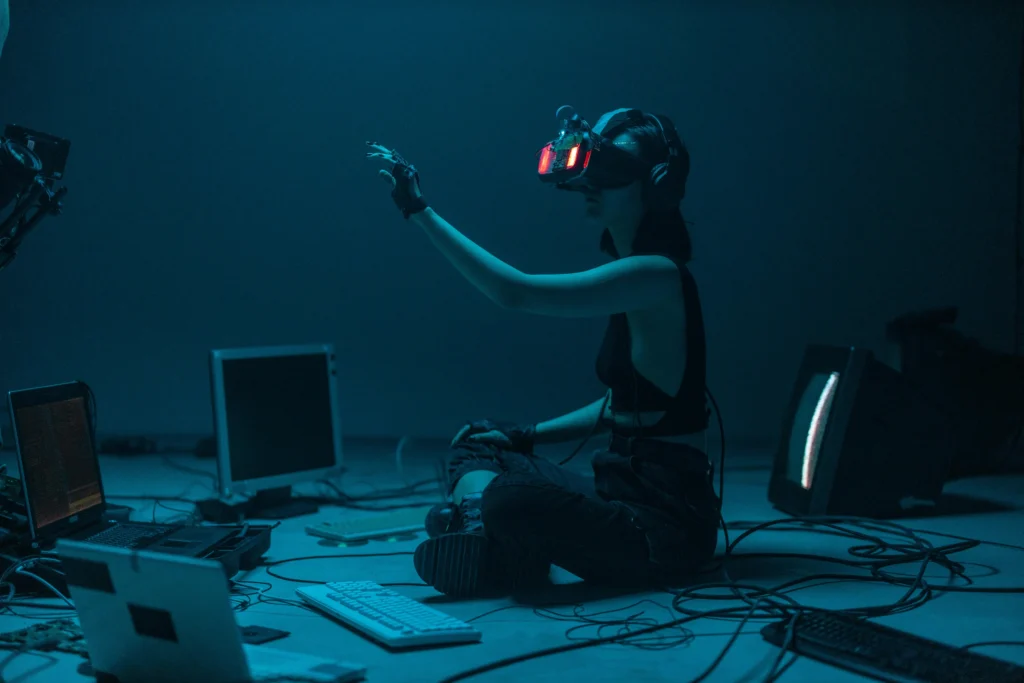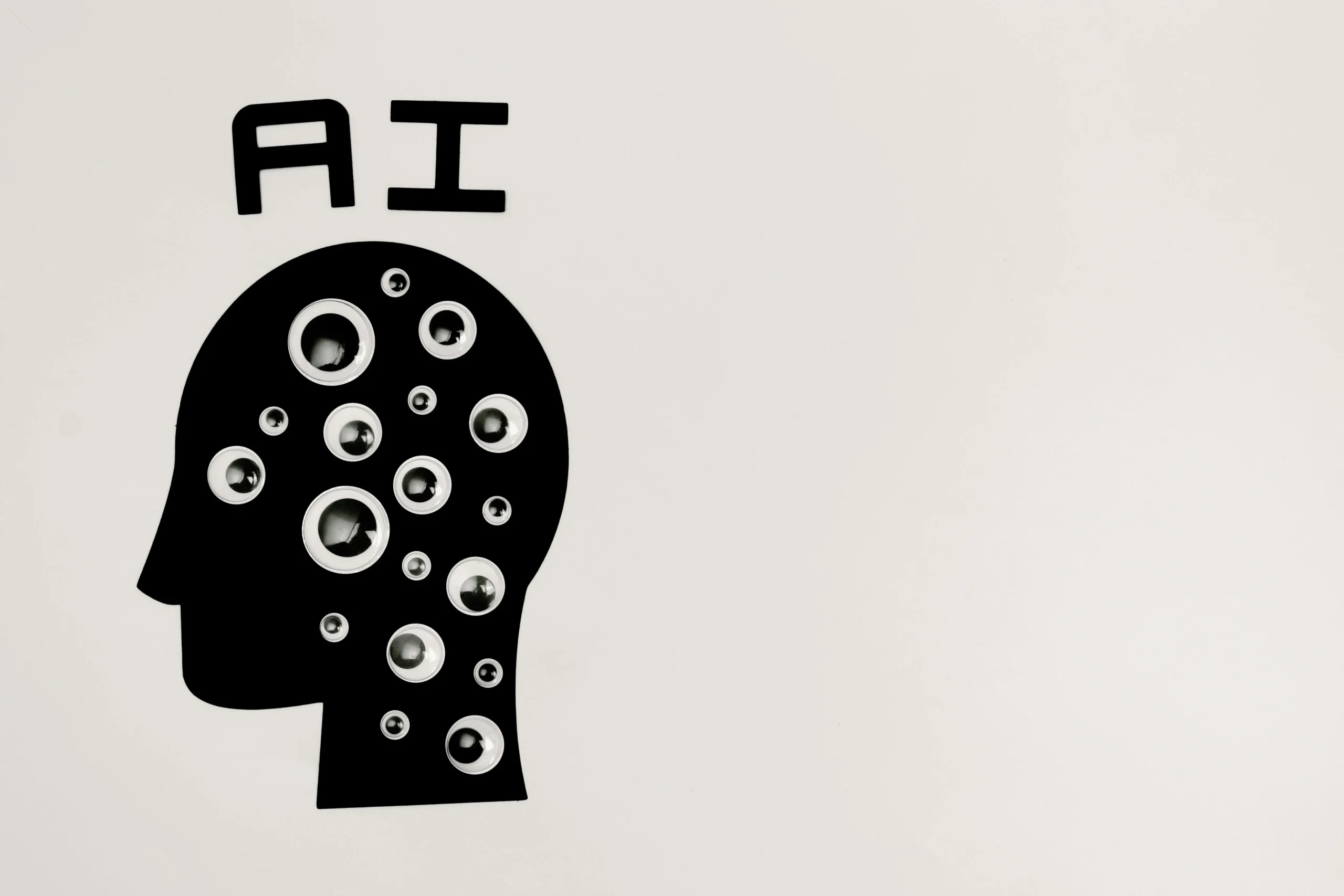10 Amazing Ways AI and Machine Learning Transform Everyday Life
Artificial Intelligence (AI) and Machine Learning (ML) are transforming the world around us. These technologies are no longer just concepts in science fiction. They are now a part of our daily lives. From healthcare to transportation, AI and ML are making our lives easier, safer, and more efficient. In this article, we will explore how AI and ML are used in various aspects of everyday life.

Table of Contents
AI in Healthcare: Better Care for Everyone

AI is revolutionizing healthcare. It helps doctors and nurses provide better care for patients. AI can analyze large amounts of medical data quickly. This helps in diagnosing diseases faster and more accurately.
Early Diagnosis of Diseases
One of the most important uses of AI in healthcare is in diagnosing diseases early. AI systems can analyze medical images like X-rays and MRIs. They can detect diseases like cancer at an early stage. Early detection can save lives because treatment can start sooner.
Personalized Treatment Plans
AI can also help create personalized treatment plans for patients. By analyzing data from many patients, AI can identify which treatments work best for different types of patients. This means that each patient can get the treatment that is most likely to work for them.
Virtual Health Assistants
Virtual health assistants are another example of AI in healthcare. These are AI-powered chatbots or voice assistants that can answer health-related questions. They can remind patients to take their medication and help them book appointments with doctors. This makes healthcare more accessible and convenient.
AI in Education: Learning Made Easier

AI is also changing the way we learn. It makes education more personalized and effective.
Personalized Learning
AI can create personalized learning plans for students. By analyzing a student’s strengths and weaknesses, AI can recommend lessons and exercises that are most suitable for them. This helps students learn at their own pace and improves their understanding of the subject.
Virtual Tutors
Virtual tutors are AI-powered programs that can help students with their studies. They can answer questions, explain difficult concepts, and provide practice problems. This is like having a tutor available 24/7, which can be very helpful for students who need extra help.
Administrative Tasks
AI can also help with administrative tasks in schools. It can grade assignments, schedule classes, and manage student records. This frees up time for teachers so they can focus more on teaching.
AI in Transportation: Safer and More Efficient Travel
AI is making transportation safer and more efficient. It is used in cars, public transport, and traffic management systems.
Autonomous Vehicles
Autonomous vehicles, or self-driving cars, are one of the most exciting developments in AI. These cars use AI to navigate roads and avoid obstacles. They can reduce accidents caused by human error and make transportation safer.
Public Transport
AI is also used in public transport systems. It can optimize routes and schedules to reduce wait times and improve efficiency. AI can also monitor the condition of buses and trains to ensure they are running smoothly.
Traffic Management
AI can help manage traffic in cities. It can analyze traffic patterns and adjust traffic signals to reduce congestion. This can save time for drivers and reduce pollution from cars idling in traffic.
AI in Smart Homes: Making Life More Convenient
AI is making our homes smarter and more convenient. From smart speakers to security systems, AI is improving our daily lives at home.
Smart Speakers
Smart speakers like Amazon Echo and Google Home use AI to help us with everyday tasks. We can use voice commands to play music, set reminders, and control other smart devices in our homes. These speakers can also answer questions and provide weather updates.
Home Security
AI-powered security systems can help keep our homes safe. They can detect unusual activity and alert homeowners if there is a potential threat. AI cameras can recognize faces and differentiate between family members and strangers.
Energy Management
AI can help manage energy use in our homes. Smart thermostats can learn our preferences and adjust the temperature to save energy. AI can also monitor our electricity usage and suggest ways to reduce our energy consumption.
AI in Entertainment: More Fun and Personalized Experiences

AI is also transforming the entertainment industry. It helps create more engaging and personalized experiences for users.
Streaming Services
Streaming services like Netflix and Spotify use AI to recommend content to users. By analyzing viewing and listening habits, AI can suggest movies, shows, and music that users are likely to enjoy. This makes it easier to find new content that matches our interests.
Video Games
AI is used in video games to create more realistic and challenging experiences. AI can control non-player characters (NPCs) in games, making them more intelligent and responsive. This makes games more fun and engaging for players.
Content Creation
AI is also used in content creation. For example, AI can generate music, write stories, and create artwork. This can help artists and creators come up with new ideas and produce content more efficiently.
AI in Finance: Smarter and Safer Financial Services
AI is making financial services smarter and safer. It helps banks and financial institutions provide better services to their customers.
Fraud Detection
AI is used to detect fraudulent activities in real-time. It can analyze transactions and identify patterns that indicate fraud. This helps protect customers’ money and prevent financial crimes.
Personalized Financial Advice
AI can provide personalized financial advice to customers. By analyzing spending habits and financial goals, AI can suggest ways to save money and invest wisely. This makes financial planning more accessible and effective.
Automated Customer Service
Many banks and financial institutions use AI-powered chatbots to provide customer service. These chatbots can answer questions, resolve issues, and provide information about products and services. This makes customer service more efficient and available 24/7.
AI in Shopping: A Better Shopping Experience
AI is changing the way we shop. It makes shopping more convenient and personalized.
Personalized Recommendations
Online retailers use AI to recommend products to customers. By analyzing browsing and purchase history, AI can suggest items that customers are likely to buy. This makes it easier to find products that match our preferences.
Virtual Assistants
AI-powered virtual assistants can help us with our shopping. They can answer questions, help us find products, and assist with the checkout process. This makes online shopping more convenient and user-friendly.
Inventory Management
AI helps retailers manage their inventory more efficiently. It can predict demand for products and ensure that stores have the right amount of stock. This reduces waste and ensures that customers can find the products they want.
AI in Communication: Connecting People
AI is improving the way we communicate. It makes communication more efficient and effective.
Language Translation
AI-powered translation services like Google Translate can translate text and speech in real-time. This helps people communicate with others who speak different languages. It makes travel and international business easier.
Email Management
AI can help manage our emails. It can sort and prioritize emails, making it easier to find important messages. AI can also suggest replies and automate responses, saving us time.
Virtual Meetings
AI is enhancing virtual meetings. It can transcribe meetings, summarize key points, and provide real-time translations. This makes virtual meetings more productive and inclusive.
AI in Personal Assistants: Your Digital Helper
AI-powered personal assistants are becoming a part of our daily lives. They help us manage our schedules, tasks, and information.
Scheduling
AI personal assistants can help us schedule meetings and appointments. They can check our calendars, find available times, and send invites. This makes scheduling more efficient and hassle-free.
Task Management
AI can help us manage our tasks and to-do lists. It can remind us of deadlines, prioritize tasks, and track our progress. This helps us stay organized and productive.
Information Retrieval
AI personal assistants can answer questions and provide information quickly. They can look up facts, provide weather updates, and even give directions. This makes it easier to get the information we need without having to search for it ourselves.
The Future of AI in Everyday Life
AI and ML are continually evolving. As these technologies advance, they will become even more integrated into our daily lives. Future developments may include smarter homes, more advanced healthcare solutions, and even more personalized services.
Smarter Homes
In the future, homes will become even smarter with AI. We may see homes that can predict our needs and adjust settings automatically. For example, lights and heating could adjust based on our daily routines.
Advanced Healthcare Solutions
AI will continue to improve healthcare. We may see AI systems that can predict diseases before symptoms appear. This could lead to preventive treatments and better health outcomes.
More Personalized Services
AI will provide even more personalized services in the future. From personalized shopping experiences to customized entertainment, AI will make our lives more tailored to our preferences.
Something to Be Alert About: The Dangers of AI
While AI and Machine Learning bring many benefits to our everyday lives, it’s important to stay alert to the potential dangers they pose. AI, if not used responsibly, can have negative consequences. One of the main concerns is privacy. AI systems often rely on large amounts of data, including personal information. If this data is not properly protected, it can be accessed by malicious actors, leading to privacy breaches.
Another concern is the potential for bias in AI algorithms. AI systems learn from the data they are trained on. If this data contains biases, the AI system can perpetuate and even amplify these biases, leading to unfair outcomes. For example, biased data in hiring algorithms can result in discrimination against certain groups of people.
Moreover, there is the risk of job displacement. As AI and automation technologies advance, they can replace jobs currently performed by humans. This can lead to economic instability and increased unemployment if new job opportunities are not created in parallel.
Lastly, we need to be aware of the ethical implications of AI. Decisions made by AI systems can have significant impacts on people’s lives, such as in healthcare, law enforcement, and finance. It is crucial to ensure that these decisions are transparent and accountable.
Staying alert to these dangers means advocating for strong regulations and ethical guidelines to govern the use of AI. By doing so, we can maximize the benefits of AI while minimizing its risks.
Conclusion
AI and Machine Learning are transforming our everyday lives. From healthcare and education to transportation and entertainment, these technologies are making our lives easier, safer, and more efficient. As AI continues to evolve, we can expect even more exciting developments in the future. Embracing these technologies can help us make the most of the opportunities they offer.
However, it’s important to stay alert to the potential dangers of AI. Privacy concerns, bias in algorithms, job displacement, and ethical implications are all significant issues that need to be addressed. By advocating for strong regulations and ethical guidelines, we can ensure that AI is used responsibly and benefits everyone.
AI and ML have the power to greatly improve our lives, but we must be vigilant in managing their risks. With careful oversight and responsible use, we can harness the full potential of these technologies while safeguarding against their dangers. The future of AI is bright, but it is up to us to ensure it is a future that benefits all of humanity.
Artificial Intelligence is a new turning point in the digital world, it is useful as well as dangerous.
BE ALERT!!
finologic.in







